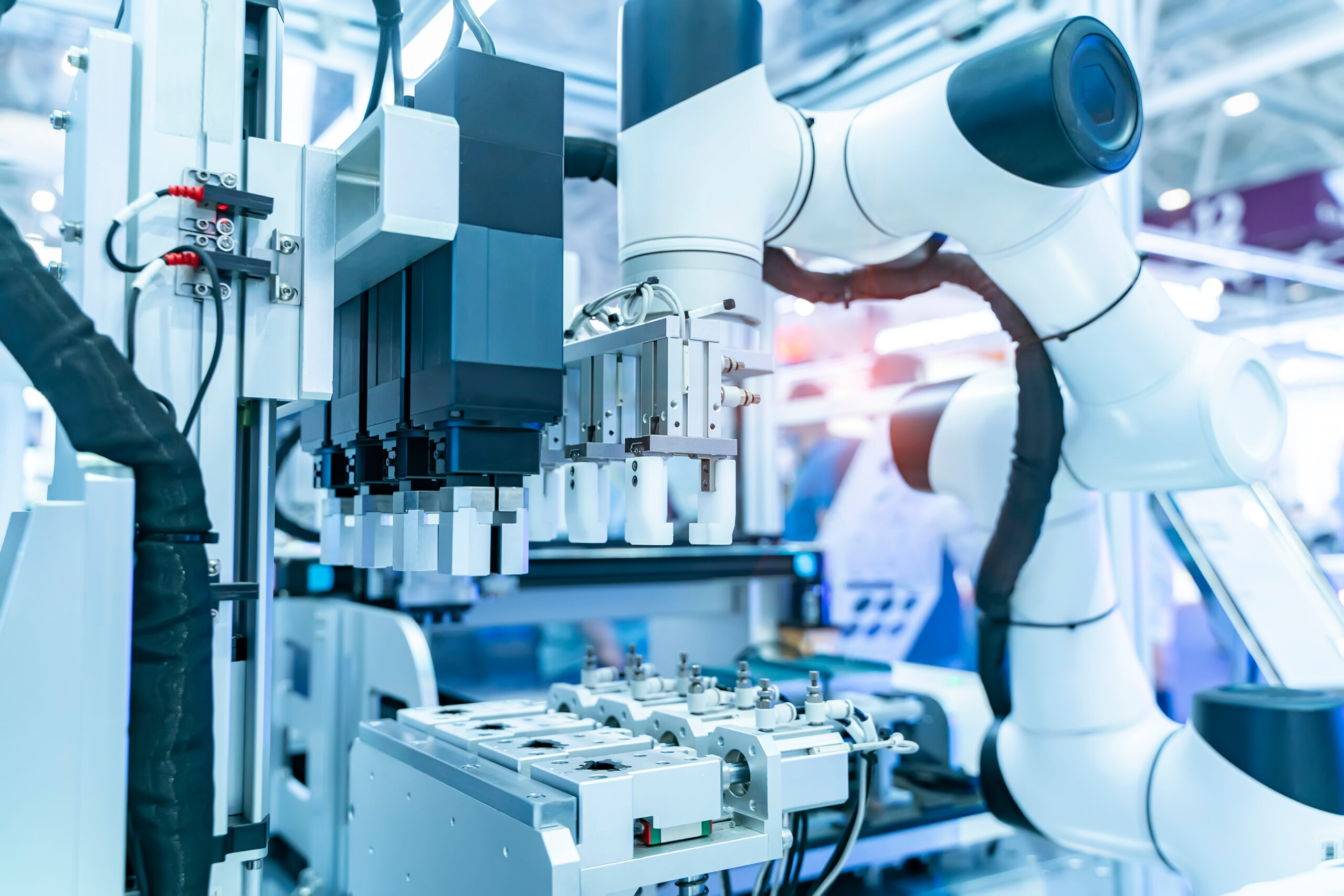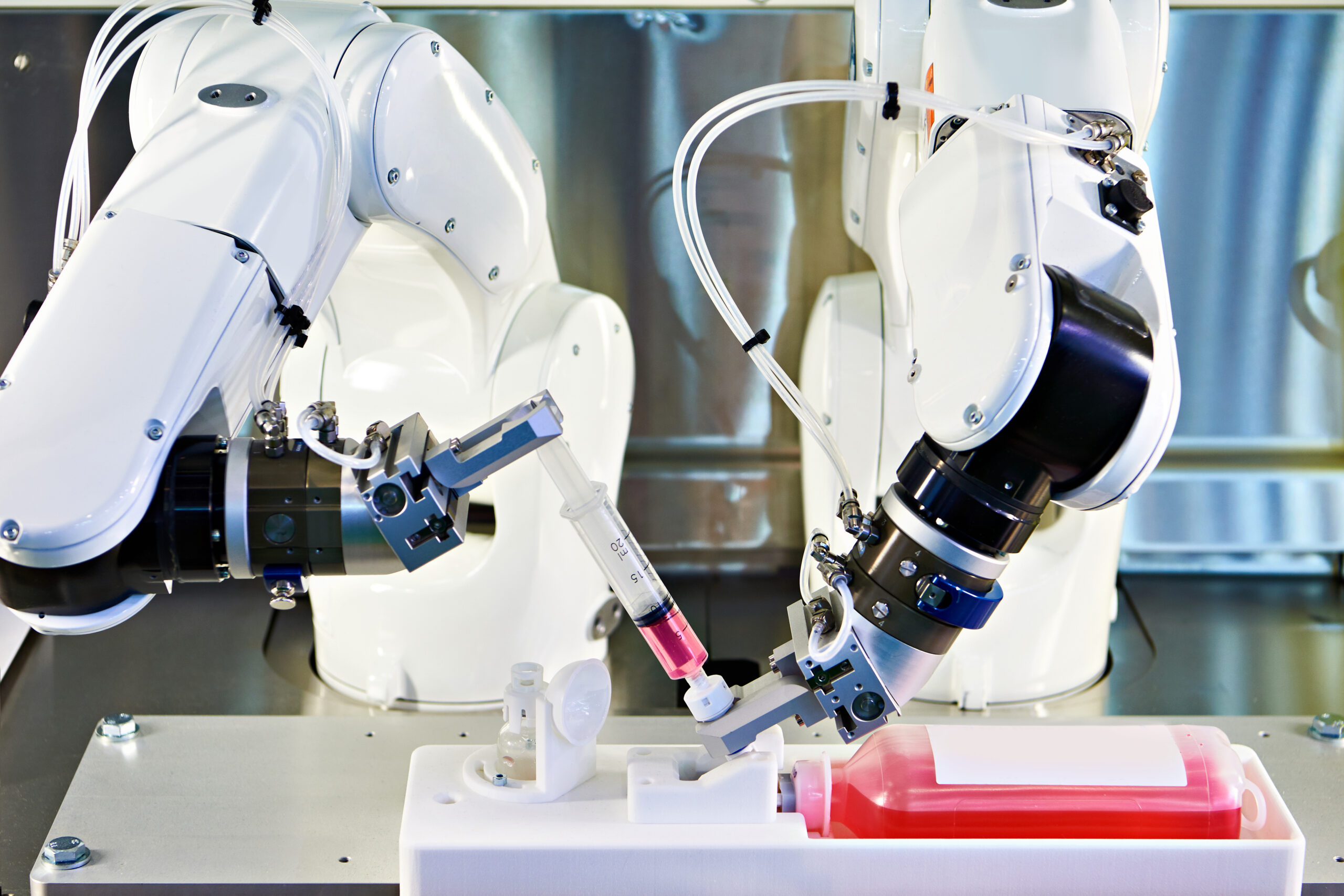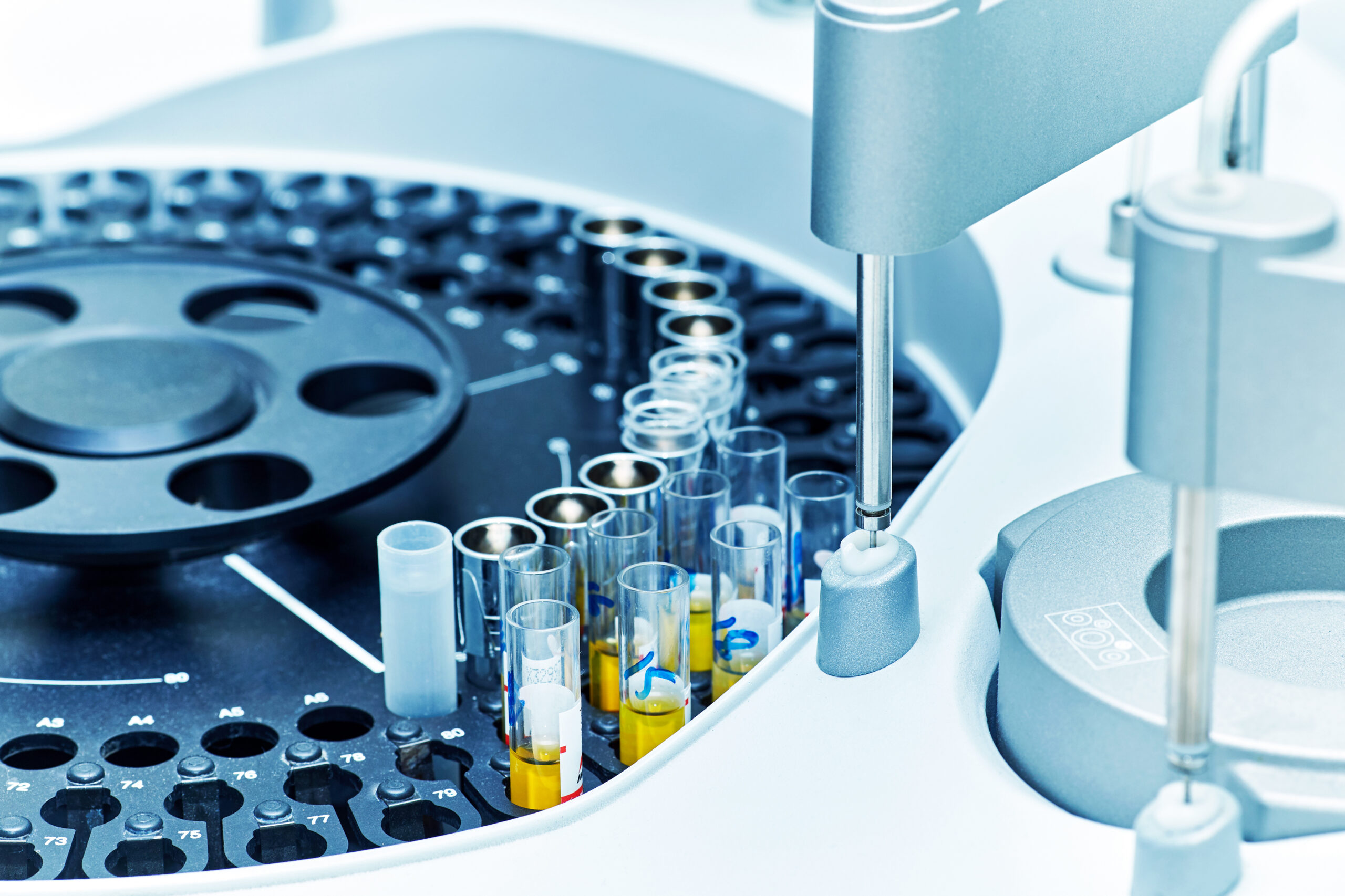 The medical industry has witnessed a significant transformation owing to motion control technology. Its ability to deliver exceedingly accurate and precise motion has made it an indispensable asset across various applications – from surgical robots to laboratory automation. This has enabled healthcare professionals to improve patient outcomes and reduce the risk of injury or error. In this piece, we dissect the essential elements of motion control systems that empower modern medical equipment.
The medical industry has witnessed a significant transformation owing to motion control technology. Its ability to deliver exceedingly accurate and precise motion has made it an indispensable asset across various applications – from surgical robots to laboratory automation. This has enabled healthcare professionals to improve patient outcomes and reduce the risk of injury or error. In this piece, we dissect the essential elements of motion control systems that empower modern medical equipment.
Medical Equipment Motion Controllers
The Conductor of Precision Controllers is the heart of motion control systems. In medical devices, these controllers often feature programmable logic or motion control systems. They interpret feedback from sensors and user interfaces, then generate output signals that dictate the movement of motors and actuators. For simpler applications, logic controllers suffice, while more complex operations necessitate motion controllers for precise and sophisticated control.
 Servo Motors and Gears
Servo Motors and Gears
The Powerhouse of Precision Servo motors and gears deliver the meticulous motion control that is vital to the medical industry. These motors stand unmatched in their ability to maintain accuracy in both speed and position, making them perfect for intricate surgical robots and imaging equipment. With the capacity for continuous operation and high-speed torque, servo motors, in conjunction with gears, are powering significant strides in medical technology. These advantages come with a few caveats, as servos require tuning and are physically larger due to the need for absolute encoders. They also come with a higher price tag than stepper motors.
Stepper Motors in Medical Equipment
The Pulse of Precision Stepper motors fuel medical equipment with precision and repeatability. Ideal for applications demanding repeatable positioning and speed control, they find use in laboratory automation and prosthetic devices. Despite their advantages, stepper motors have their limitations, including lower high-speed torque, limited duty cycle, and a typical reliance on open-loop control.
 Drives
Drives
The Navigator of Precision Drives orchestrate the speed and direction of motors, often used with servo and stepper motors to provide granular control over motor motion. With a wide variety of sizes and types, drives can be customized to meet the unique requirements of various medical applications, guaranteeing reliable performance when it matters most.
Brushless Motors
in Medical Devices
The Stalwart of Precision Brushless Motors has found favor in medical applications requiring precision and speed, such as surgical drills and imaging devices. They outperform traditional brushed DC or AC induction motors with their compact size, superior energy efficiency, and longer service life due to the absence of brushes. Their ability to produce less heat is critical in avoiding damage to surrounding tissue, making them a formidable contender in the demanding realm of medical equipment.
Sensors in Medical Equipment
The Guardians of Precision Sensors offer real-time feedback on the position, speed, and torque of motors and actuators. This invaluable feedback allows controllers to fine-tune the motion of these components, ensuring precision and accuracy.
With the aid of sensors, medical equipment can perform complex motion sequences with pinpoint accuracy, leading to improved patient outcomes and more effective treatment.
From surgical robots to lab automation systems, healthcare professionals rely on an assortment of components, such as controllers, servo motors, gears, stepper motors, drives, and brushless motors to ensure safe and effective operations. With a thorough understanding of these vital components, healthcare providers can make strategic decisions about their usage in medical equipment, leading to enhanced patient outcomes and improved medical procedures.
